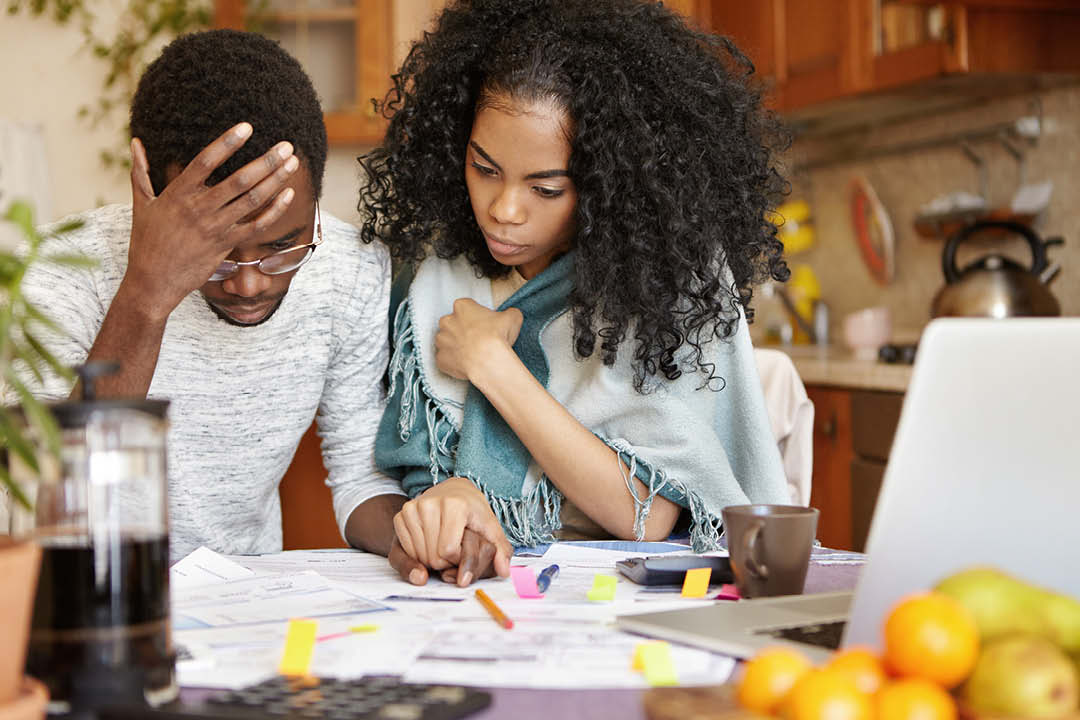Debt is something that everyone has at some point in their lives. Whether you owe money from loans, credit cards or store cards, debt is never fun to deal with.
Debt is often associated with negative feelings such as anxiety, worry, stress, frustration, etc., and it has a huge impact on our lives. Debt affects us in several ways: emotionally, mentally, physically, socially, and spiritually. If you are dealing with debt, then you probably also face these challenges.
Many people struggle to pay off their debts because they don’t know where to begin, which adds to the emotional turmoil. It’s important to think about it logically and take it one step at a time.
Step 1: Set a Budget
Set a budget for how much you can realistically afford to allocate each month to pay off your debt and make a commitment to stick to it.
Step 2: Prioritise
Make a list of all your debts with the name of the creditor, total amount owed, minimum monthly payment and interest rate. Choose the debt with the highest interest rate and prioritise paying that one off. Then choose the next highest rate, then the next, and so on. You’ll get out of debt faster and faster as you move down the list.
Step 3: Pay More Than the Minimum Balance
If it’s feasible then always try to pay more than the minimum payment on any outstanding balance – even £10 or £20 a month can make a big difference. You’ll pay less interest, reduce the amount owed more quickly, and improve your credit rating.
Step 4: Use Cash Rather than a Credit Card
Although credit cards are a great convenience, they’re also an easy – and expensive – way to incur debt. A good way to gain better control over your finances is to wean yourself off using credit cards to pay for everything. If you can, try to use more cash to pay for everyday or smaller items: it will leave you with more funds to channel into reducing your debt.
Step 5: Have a Goal
Pick a date when you plan to be completely debt-free. It’s easier to keep yourself motivated when you have a goal rather than believing that you’ll be paying off your debt forever. Think about how you’ll feel when that day comes and visualise how you will celebrate.
What if you have no money to pay off your debt?
If you don’t have any spare cash to help pay down your debt then all is not lost. There are still options such as debt management plans, individual voluntary arrangements, administration orders, debt relief orders and bankruptcy orders.
You will find free debt advice at moneyhelper.co.uk and citizensadvice.co.uk. If your debt is having a detrimental effect on you mentally then mind.org.uk has lots of practical tips on managing your money and improving your mental health.
About the Author: Helen Say is a freelance copywriter and blogger www.cblservices.co.uk







